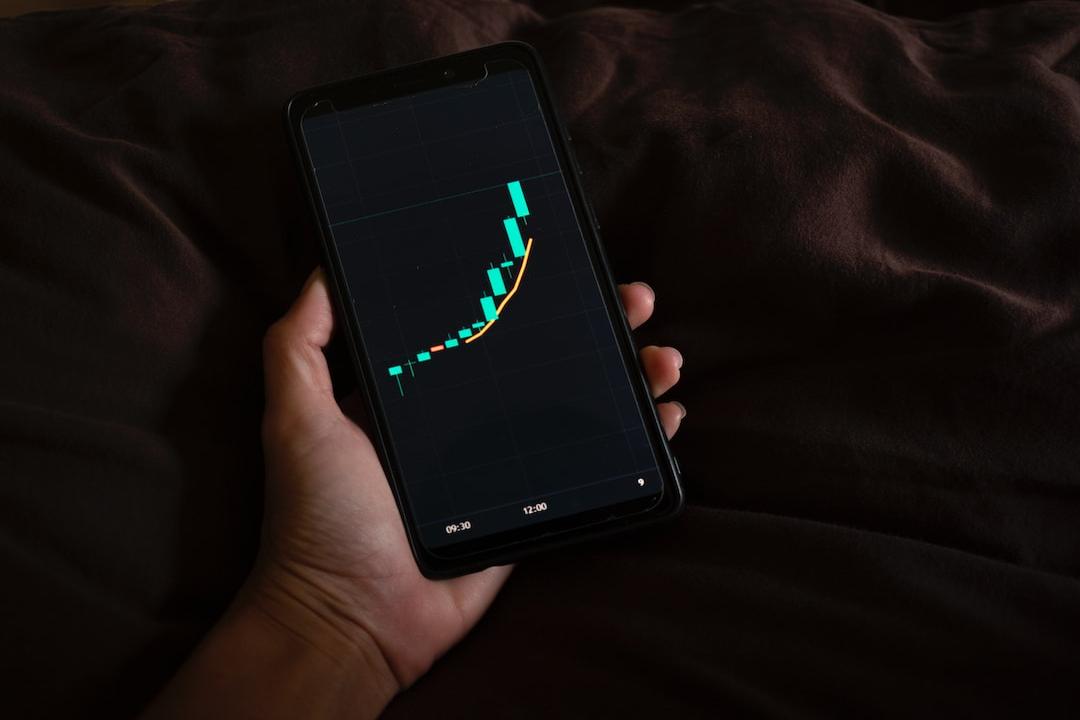Julian Assange, the founder of WikiLeaks and a prominent advocate for free speech, has formed strong connections with the Bitcoin community. Both Assange and WikiLeaks have benefitted from the unique features of Bitcoin as a cryptocurrency, as well as its active community. This symbiotic relationship has contributed to the relevance, survival, and progress of both Bitcoin and WikiLeaks.
On June 25, Assange finally gained his freedom after a 14-year legal battle that resulted in five years of imprisonment. He reached a deal with United States authorities, pleading guilty to avoid extradition and receiving credit for his time served in the UK, leading to his release.
The Bitcoin community has been a strong supporter of WikiLeaks and Assange due to their shared goals. Joshua Bate, founder of DeSciWorld and core member of AssangeDAO, explained that both organizations are equally dangerous to authoritarian regimes as they enable the free exchange of information and value. Therefore, the Bitcoin community has consistently provided support to Assange throughout his legal battles.
An anonymous donation of 8 BTC recently covered almost all of Assange’s $520,000 debt incurred for his repatriation to Australia. As no commercial airline would accept him as a passenger, he had to use a private jet, and his wife Stella requested an emergency donation to cover the expense. Thanks to a BTC donation, Assange was able to return to Australia without any debt.
When WikiLeaks was founded in 2006, it didn’t gain significant attention until 2010 when it released the “Collateral Murder” video that exposed the killing of civilians by a US Army helicopter in Baghdad. This video led to widespread efforts by US and British authorities to shut down WikiLeaks. Under President Obama’s administration, WikiLeaks was labeled illegal by the US State Department, resulting in a financial blockade involving major companies like PayPal, Visa, Mastercard, Bank of America, and Western Union.
Desperate to find a means of payment that couldn’t be censored by governments, WikiLeaks was contacted by a Bitcoin developer on November 10, 2010, offering cryptocurrency as a payment method. However, Satoshi Nakamoto, the pseudonymous creator of Bitcoin, pleaded with WikiLeaks not to use BTC as it could draw undue attention to the fledgling cryptocurrency. Nakamoto believed that Bitcoin was still in its early stages and association with WikiLeaks could be detrimental.
Although Assange initially promised not to use Bitcoin, an article in PC World publicized the idea of WikiLeaks accepting it. This didn’t please Nakamoto, who believed it could threaten the network. Assange eventually broke the financial blockade by setting up a Bitcoin address to receive donations in June 2011, which became crucial for the survival of WikiLeaks.
Bitcoin’s uncensorable properties allowed funds to flow into WikiLeaks without the risk of seizure or interference. The organization received 171 BTC in the first week, establishing a secure fundraising channel that still operates today. Overnight, WikiLeaks demonstrated a clear use case for Bitcoin.
Assange acknowledged that the US government’s banking blockade ironically led to his adoption of Bitcoin. He claimed that WikiLeaks benefited from a 50,000% return on their Bitcoin funds, as they had already received 4,000 BTC by October 2017. The 2017 bull market then propelled Bitcoin to $20,000.
Assange and his family have endured significant hardships in their defense of freedom of speech. After WikiLeaks’ massive exposure, Swedish authorities issued an arrest warrant for Assange in August 2010. He sought asylum in the Ecuadorian Embassy in London, where he remained for seven years. Eventually, a change in Ecuador’s leadership led to the withdrawal of Assange’s asylum, and he was arrested by UK authorities and imprisoned for five years in Belmarsh Prison.
Assange faced the possibility of extradition to the US, where severe punishment awaited him. Like other whistleblowers, such as Edward Snowden, Assange’s life was drastically transformed after exposing sensitive government secrets.
While some believe society may not have learned enough from Assange’s struggles, thanks to his efforts, war crimes and the suppression of truth have become frequent topics of discussion. Since returning to Australia, Assange desires privacy and plans to enjoy his freedom. His wife Stella urged journalists to pressure the US government to disclose details about the criminal case against him, as Assange is not allowed to request freedom of information or make information requests himself. She emphasized that other citizens still have the power to press US authorities for explanations.

